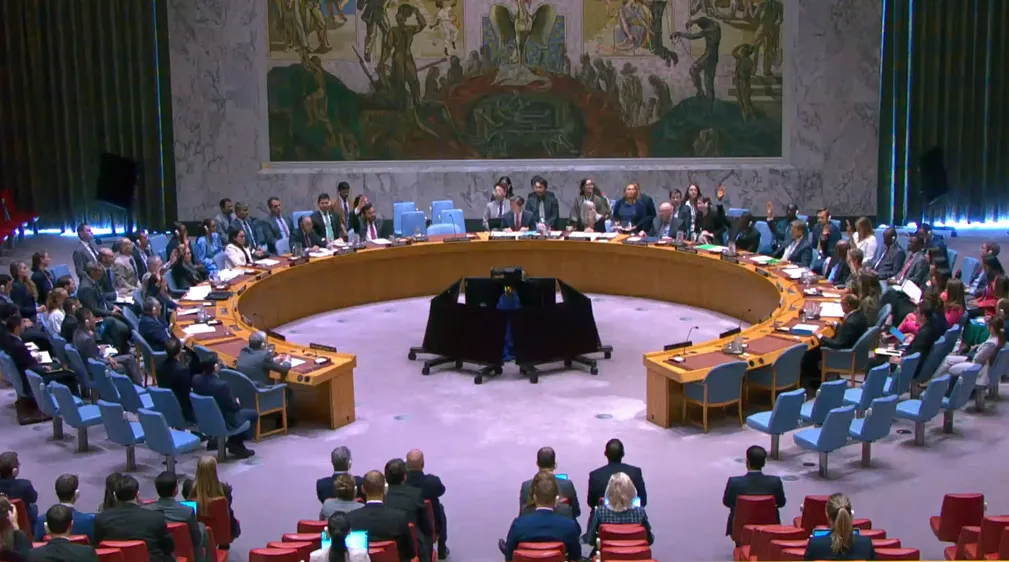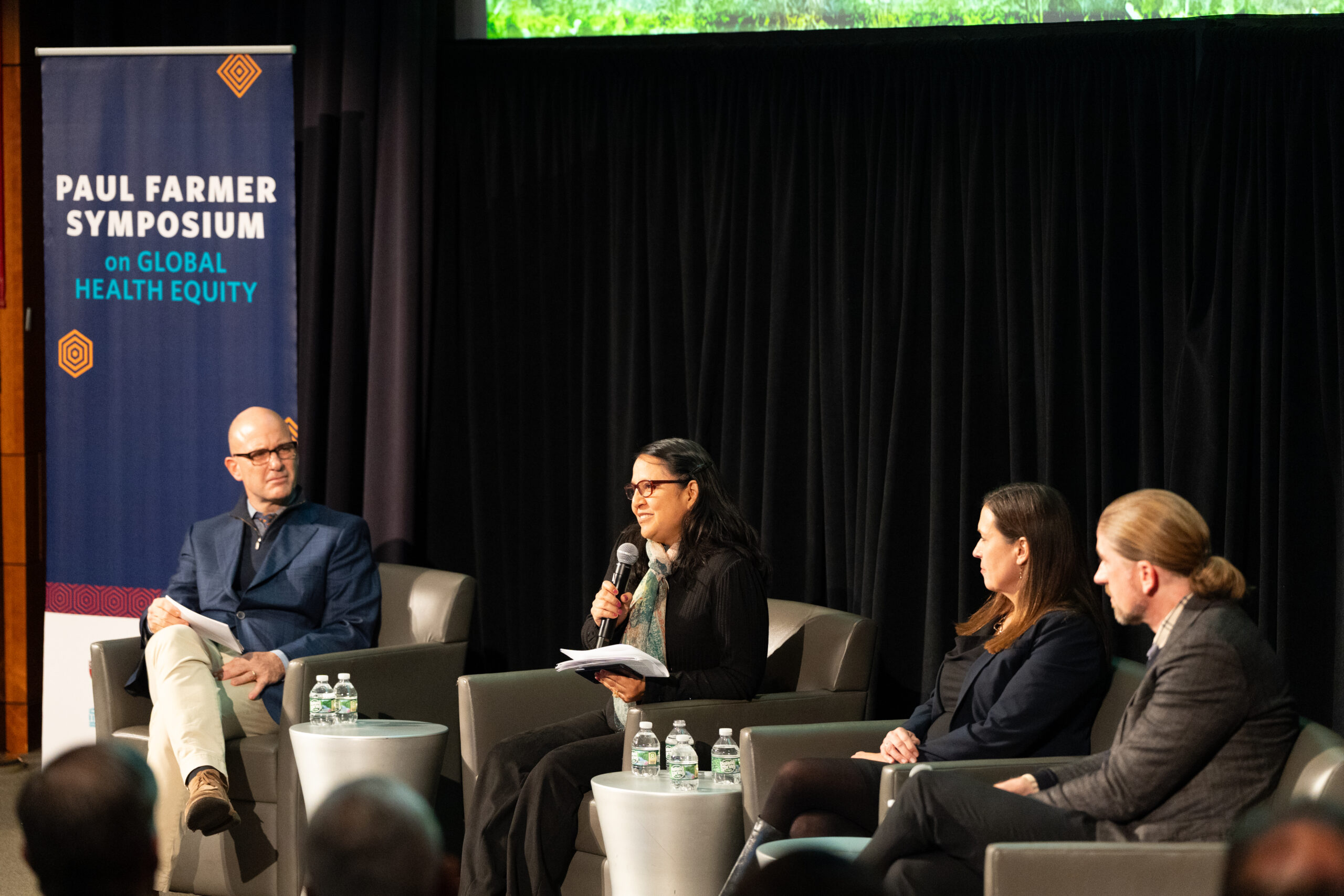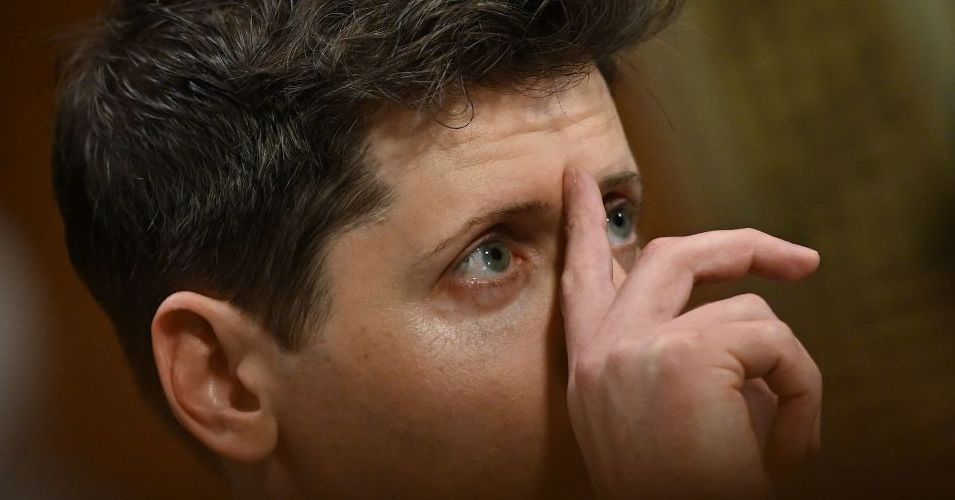Whitby, Ontario – The Regional Municipality of Durham is advising residents of impacts to Regional programs and services in observance of the holiday season.
Durham Region facilities and call centres
- All Durham Region facilities, including Regional Headquarters in Whitby and Regional front counters and call centre services, will close at noon on December 24 and 31, and will be closed December 25, 26 and January 1, 2026.
Durham Region Transit (DRT)
- From December 22 to 26 and January 1, 2026, all DRT routes will operate on a modified holiday schedule. For full holiday details and updated timetables, please visit the DRT website for information on services operating on each day.
- On December 31, from 7 p.m. until 4 a.m. on January 1, 2026, all DRT customers can enjoy free travel across Durham Region. Fare-free service will be available on all DRT services including scheduled holiday and On Demand service.
- For those who book trips for On Demand or Specialized Services, DRT Reservationists will be closed December 25. On December 26 and January 1, 2026, hours of operation will be modified to 7 a.m. to 10 p.m. If you need to book an On Demand trip, they can be managed through our DRT On Demand Transit mobile application (app).
- DRT Customer Service will be closed December 25, 26 and January 1, 2026.
- Routes and schedules can be found online at DurhamRegionTransit.com.
Health Department
- The Oshawa Oral Health Clinic at 200 John Street West in Oshawa will close at 11:30 a.m. on December 24 and 31, and will be closed December 25, 26 and January 1, 2026.
- The Sexual Health Clinics at the Oshawa Centre and The Shops at Pickering City Centre will close at noon on December 24 and 31, and will be closed December 25, 26 and January 1, 2026.
- The Breastfeeding Clinic at the Oshawa Centre will be closed December 24 to 26 and December 31 to January 1, 2026.The Breastfeeding Clinic at Port Perry will be closed December 25 and January 1, 2026.
- Immunization Clinics in all locations will be closed December 22 to 26, inclusive.
- Water sample drop off and pick up service will not be available on December 23, 24, 25, 26, 30, 31 and January 1, 2026. Regular service will resume at 8:30 a.m. on January 2, 2026. Water sample drop off and pick up service will only be available on December 22 and December 29 between 8:30 a.m. and 4:30 p.m. at the following locations:
- Durham Regional Headquarters at 605 Rossland Road in Whitby.
- Durham Region Health Department Port Perry Office at 181 Perry Street in Port Perry.
- Township of Uxbridge Municipal Office at 51 Toronto Street in Uxbridge.
- Garnet B. Rickard Recreation Complex at 2440 Durham Regional Highway 2 in Bowmanville.
Provincial Offences Court Services and Prosecution Services
- Front counter and telephone services will close at noon on December 24 and 31, and will be closed December 25, 26 and January 1, 2026.
- For Provincial Offences Court Services, the public can use online services for payment, the 24-hour drop box at the south entrance of Regional Headquarters to file documents, email poa.courts@durham.ca or visit durham.ca/CourtServices for more information and to file electronic documents. Please note, these services will not be monitored during closure.
- For Prosecution Services, the public can use online services to order disclosure and schedule a pre-trial meeting for Part III offences by visiting the Prosecution Services website.
Social Services
- The Adult Day Programs will be closed from December 25 to January 2, 2026 and will all reopen on January 5, 2026.
- Family Services Durham programs and sites will close at noon on December 24 and 31, and will be closed December 25, 26 and January 1, 2026.
- The Community Resource Centre at 200 John Street West in Oshawa will be closed December 24, 25, 26, 31 and January 1, 2026.
- Oshawa Ontario Works, located in C1A at 200 John Street West, will remain open on December 24 and 31.
- All Ontario Works offices will be closed on December 25, 26 and January 1, 2026.
- Income, Employment and Homelessness Supports Division staff will not be on-site at the Community Hubs in Ajax and Oshawa from December 15 to January 5, 2026.
- The Child Care and Early Years Division offices at Regional Headquarters in Whitby, including the Fee Subsidy and Children’s Developmental and Behavioural Supports programs, will close at noon on December 24 and 31, and will be closed December 25, 26 and January 1, 2026.
- The Region’s eight Directly Operated Early Learning and Child Care centres will be closed December 24, 25, 26, 31 and January 1, 2026.
Waste Services
- The Regional Waste Management Facilities (WMF) in Brock, Scugog and Oshawa, and the Household Special Waste Depot in Clarington, will have revised days of operation during the holiday season. For details, please read the Waste Management Facilities days of operation during the holiday season Public Service Announcement (PSA).
- Pickering, Ajax, Clarington, Brock, Uxbridge and Scugog residents will experience changes to curbside waste collection dates due to the holidays. To learn more, please read the waste collection schedule changes PSA.
- The Region’s Waste Management Centre located at 4600 Garrard Road in Whitby will close at noon on December 24 and 31, and will be closed December 25, 26 and January 1, 2026. Residents are encouraged to purchase or exchange green bins and kitchen containers online with free home delivery. To take advantage of this service and for more information, visit durham.ca/NewBins.
Why: In observance of the winter holidays.
Note: To report an urgent issue related to water, sewer or Regional roads, please call our after-hours emergency phone number with details at 905-576-9991. For updates about service disruptions all year round, please visit durham.ca/ServiceDisruptions.
– 30 –
For media requests, please contact CorporateCommunications@durham.ca.









